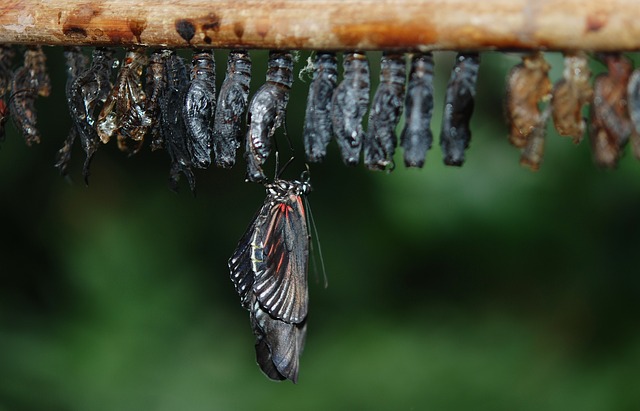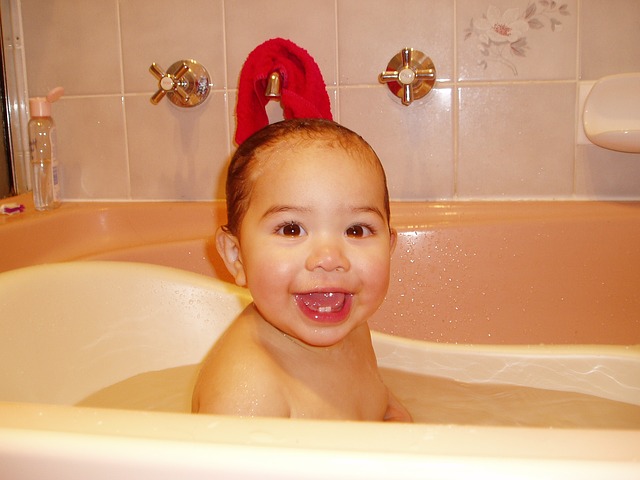Level 3 verbs – Unit 01

abandon: to leave and never go back
The family abandoned the farm and moved to the city.
When it started to sink, everyone abandoned the ship.
back: to support with help or money
Most of the students backed Gina for class president.
His father backed him in his new business.
celebrate: to have fun because of a good result or special event
We’re celebrating his birthday this Friday after work.
After he got the job, he and his wife went out to celebrate.
cope: to be okay in a new situation
He couldn’t cope with the changes in his job, so he quit.
How did you cope with the death of your father?
deteriorate: to get worse in quality, decay
Her grandmother’s health started to deteriorate after she fell in the shower.
Plastic does not deteriorate as fast as wood.
enable: to make it possible to do something
Cell phones enable people to keep in touch more easily.
Her knowledge of German enabled her to understand the conversation.
found: to establish something new
Doctors Without Borders (Medecins Sans Frontieres) was founded in 1971.
The group finally succeeded in founding a non-profit organization to feed the poor.
insist: to be firm about a demand
If you insist, I will refund your money.
He insisted that his wife have dinner on the table at 6:00 every day.
mumble: to say something unclearly in a low voice
After she left, he mumbled something that I couldn’t understand.
Stop mumbling and tell me what you want.
penalize: to punish, give a penalty to
The team was penalized for delaying the game.
Students who miss the deadline will be penalized.
puncture: to make a hole in
The sharp rocks punctured his tire.
Try not to puncture any of the balloons.
rot: to spoil, decay
The apples have started to rot.
Sugar will rot your teeth if you don’t brush.
socialize: to be with people in a friendly way
On Facebook you can socialize with people you hardly know.
She doesn’t socialize with people she works with.
swap: to give something in exchange for something else
At school the children like to swap sandwiches.
He swapped his old cell phone for a pair of running shoes.
whistle: to make a high sound using your lips and tongue
If you need me, whistle and I’ll come immediately.
He whistles while he works around the house.
Pronunciation Exercise: Listen and repeat the vocabulary above on the audio file below.
Use these flashcards to help you study.
When you think you’re ready, do the following exercise.








